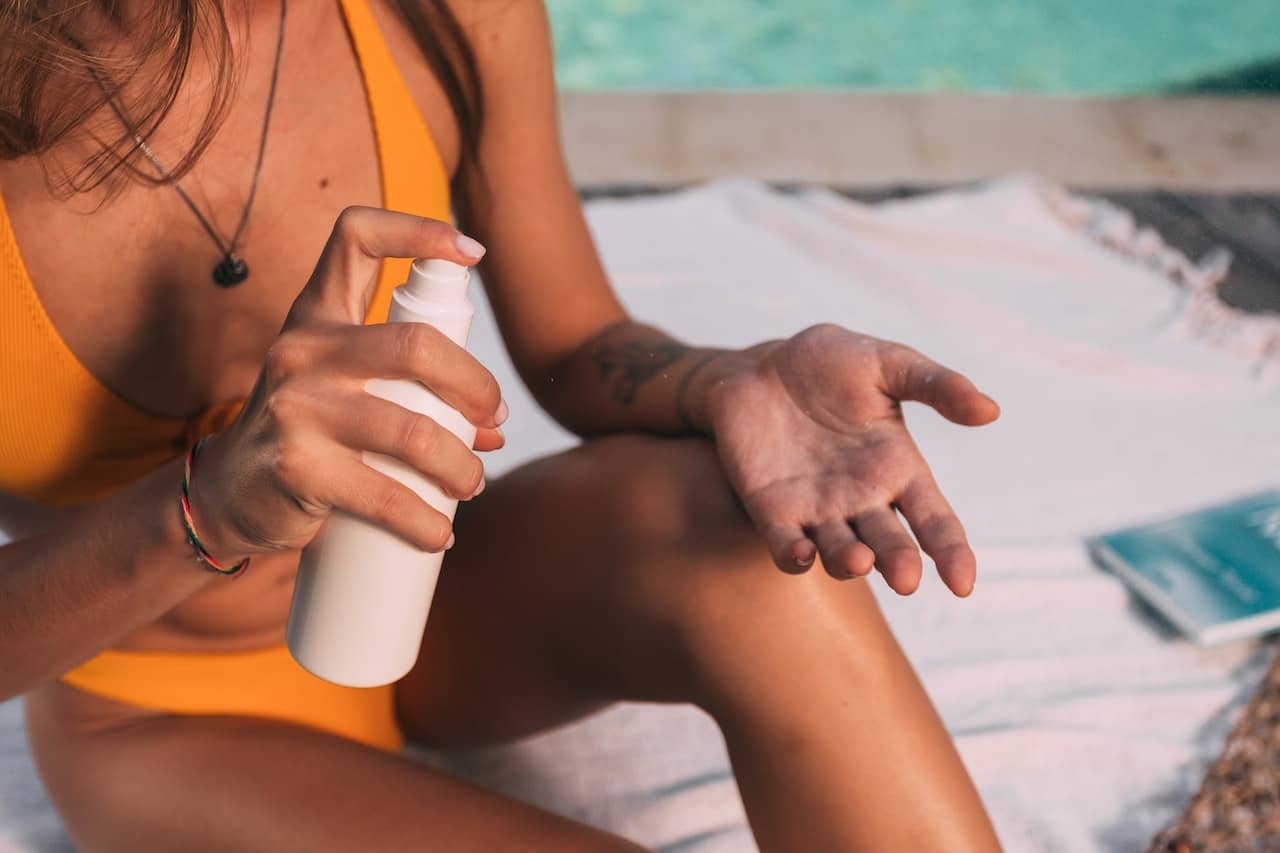You've probably heard about sunscreen products. However, some people do not understand why they should apply it to the skin surface regularly. So, below, we're going to focus on this issue and find out what to use to protect skin from the sun.
The importance of sunscreen application is determined by the necessity to protect the skin from the negative impact of the sun and the environment. Free radicals that fly in the air, UV light, and radiation cause premature skin aging, pigmentation, loss of elasticity, dehydration, photoaging, as well as damage to cells, penetrating into their structures. Thus, products with sunscreen filters are obligatory in your daily skincare toolkit not only in summer but all year round.
Acne-prone skin features redness, inflammation, blackheads, and other skin problems. They serve as aggravating factors, reinforcing the negative impact of the external factors on the skin. Thus, this skin type requires even more thorough and gentle protection against sunlight and radiation.
The regular application of sunscreen for acne-prone skin leads to the improvement of the skin condition, eliminating visible imperfections, and evening the face tone. The main thing is to pick appropriate products that do not clog pores and demonstrate high resistance to UV light.

Let's answer the question “How can you protect your skin from sun damage?” When trying to eliminate the negative influence of the sun and radiation on the skin, people with acne-prone skin should add the next strategies into their casual lives:
Note that the combination of all these steps will help protect cells and achieve the maximum level of protection against the sun.
When speaking about a skincare routine, remember that sunscreen is applied to a purified surface. First, you need to cleanse your face using classic purifiers. The next step is to tone cells, after which a moisturizing and nourishing cream, balm, or lotion is applied. After that, sunscreen should be applied. It is important to use it for at least half an hour before going outside. While on the beach, you should reapply the sunscreen layer every 2 hours.

Now, let's consider how to pick the best sunscreen for problem skin since the modern cosmetic industry offers a vast diversity of products. Keep in mind the next criteria:
Note that even with sunscreen treatment for sensitive skin, you should not stay in the sun for a long time.

Now, let's list some products that are classified as the best sunscreen for face acne-prone skin. The below-mentioned products are guaranteed to be safe, tested, and certified.
Although people like the sun and warmth, it affects our skin negatively. Spending much time under the sun can lead to pigmentation, burns, premature aging, etc. In its worst cases, radiance can become the reason for melanoma. Thus, it is reasonable to protect cells from radiance. The application of sunscreen should be the last step of your daily skincare routine.
The modern cosmetic industry provides consumers with a vast diversity of sunscreen products for any skin type and purpose. They differ in the level of SPF protection, content, and cost. Yet, everyone can pick an appropriate option. If you have acne-prone skin, you should remember the main rule: prefer light sunscreen with easily absorbing textures. Never neglect sunscreens if you want to prolong skin youth, eliminate visible imperfections, and enjoy the sun without the risk of health problems.